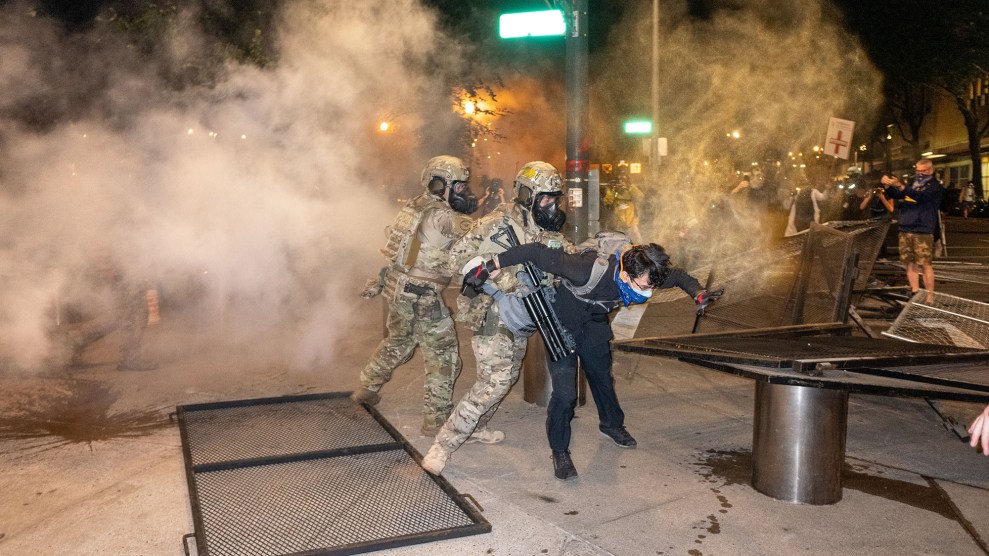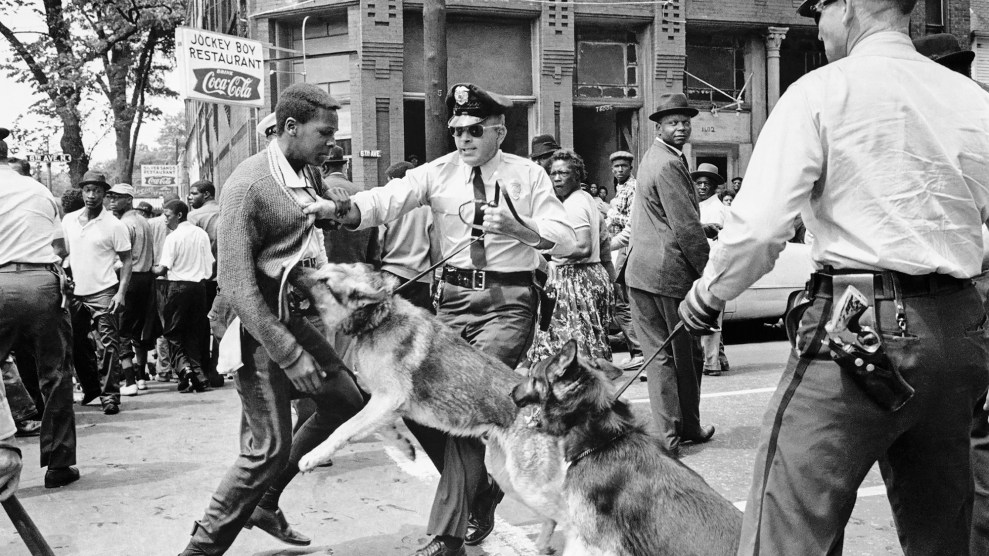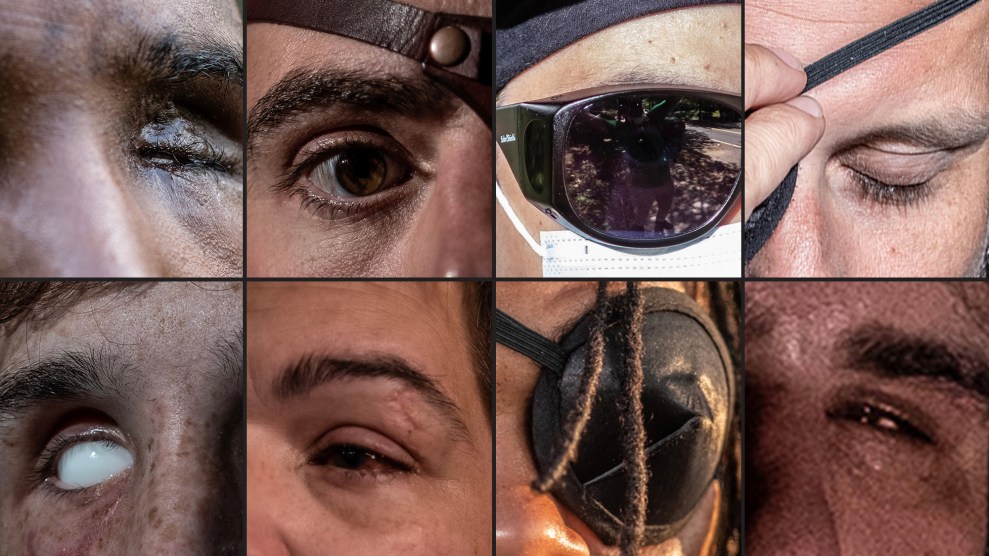A video of a Caviar delivery person being arrested for violating curfew, as the man yelled that he is an essential worker, prompted a swift backlash on Thursday night. Even Mayor Bill DeBlasio, who has seemed ready to lick the boot of the cops kettling, beating, and harassing protestors, called out the arrest.
Same goes for journalists covering protests and out doing their jobs. They are essential workers, too. We WILL protect their rights. The public depends on the information they provide. Will get NYPD to fix this immediately.
— Mayor Bill de Blasio (@NYCMayor) June 5, 2020
Afterward, Caviar told the Verge it was “prepared to provide support.” But what does that actually mean?
As Buzzfeed News reported, delivery workers for gig companies are deemed essential workers, able to operate past curfews imposed by local authorities, on a city by city basis. The apps are coordinating to figure out how to handle that in each case says Buzzfeed. But across the board—as I’ve written about many times before—gig companies don’t consider drivers to be employees, and that means they take little responsibility for protecting them.
So, I asked Grubhub, Doordash (which owns Caviar), and Uber what their policies are for those working past curfew.
Doordash sent the template response about “support” that I mentioned above. On followup, I asked specifically: Are you offering hazard pay for delivering during curfew? Are you going to pay for legal fees if someone is detained? And, generally, what is the “support” that would be given?
“At this time, we’ve reached out to the individual to learn more about what transpired and what we can do to help,” a spokesperson said. “I will keep you updated as I learn more.”
Uber said the company had called the New York police and DeBlasio’s office “to ask that all police officers be reminded that delivering food has been deemed an essential service and that all Uber Eats delivery workers are exempt from the curfew.” It also said that the company would “offer legal support to Eats delivery people if they are wrongly arrested for violating the curfew while delivering on the app and aggressively petition City Hall and the NYPD on their behalf.” The company has a hotline for drivers to call and has been updating workers through the app they can use it to report problems. But, no mention of hazard pay.
Grubhub did not respond to a request to comment.

















